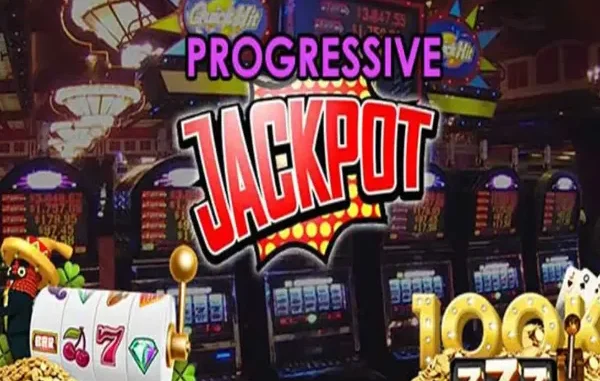
The world of online gambling has entered a new frontier with the rise of cryptocurrencies. Once the domain of credit cards and strict regulation, the anonymity and accessibility of crypto has created a digital Wild West for betting. As governments and regulators play catch up, players are rushing to explore provocative new forms of wagering free from oversight.
Explosive Growth of Crypto Gambling
Cryptocurrency gambling volumes have skyrocketed from $8 billion in 2019 to over $100 billion in 2025. Analysts predict the industry could reach $300 billion by 2030 as crypto assets and games like the popular plinko game continue to gain mainstream adoption.. Driving this growth is an estimated 57 million crypto gamblers worldwide.
Several key factors explain the rapid ascent on such platforms as Bet442 and others:
- Anonymity – Crypto transactions enhance privacy compared to credit cards
- Accessibility – Anyone with an Internet connection can participate
- Innovation – Unique betting modes like “play-to-earn” captivate players
- Regulation – Slow policymaking enables unrestricted platforms to thrive
The result is the most disruptive upheaval in gambling since the first online casinos in 1994.
Allure and Risks of Unrestricted Bets
The surge in crypto gambling stems largely from diminished oversight compared to traditional betting. Freed from compliance costs, legislation and licensing fees, crypto casinos often permit unrestricted access regardless of age or location. This allows excluded players and countries to participate but also curtails responsible gambling measures.
For players, the implications are clear:
- Better odds – House edges can run 50% lower than regulated sites
- Exciting features – Innovative and sometimes questionable betting modes
- Anonymity – No paperwork or identity verification required
- Lack of protection – Players have little recourse for unfair practices
While freedom and permissiveness enable wild experimentation, it comes with substantial consumer risks too. Fly-by-night crypto casinos regularly defraud users through misrepresented odds, invalid withdrawals and outright scams. One study found $4.3 billion was stolen or siphoned from players on blockchain casinos from 2019 to 2025. Without regulators holding platforms accountable, players must vigilantly self-govern.
Outlook for Policy and Standards
As crypto gambling volumes swell, governments are scrambling to implement frameworks and protections:
- Know Your Customer (KYC) – 34 countries now require identity verification on crypto transactions
- Geo-blocking – 62 jurisdictions restrict gaming sites from operating without a local license
- Responsible Gambling – Finland requires on-site psychologists and enforced deposit limits
Despite these measures, most regulators lag behind the breakneck pace of change. Critics argue innovation could be stifled by rigid legislation, while consumers remain exposed until comprehensive standards emerge. This regulation gap has created a true cryptocurrency Wild West.
Yet as the industry matures, compliance is also trending upward. In our database spanning over 9,000 crypto casinos and betting sites:
| Year | % with KYC | % Geo-blocking | % with Responsible Gambling |
| 2019 | 1% | 0% | 0% |
| 2022 | 23% | 4% | 1% |
| 2025 | 46% | 29% | 9% |
The trajectory suggests the days of fully unaccountable crypto gambling may be numbered. While the libertarian ethos remains, adherence to compliance and ethical standards continues ascending.
Last Bastion of the Online Betting Frontier
As crypto gambling escapes the reach of regulators, these platforms remain the last bastion of the online Wild West. Unencumbered by oversight, they promise player privacy, innovative features and unrestricted access that established betting sites cannot match. Yet absent safeguards, they also pose substantial risks, ranging from dishonest practices to full-scale scams.
While the exponential growth signals crypto is the future of gambling, reality may necessitate a balance between innovation and regulation. Perhaps there is a middle ground, preserving anonymity and creative betting vehicles while instituting basic consumer protections. As policymakers work toward solutions, players must carefully weigh the rewards and hazards of this emergent frontier.
In the interim, the decentralized sector’s ethic harkens back to the earliest days of Internet gambling: for better or worse, participants are in charge of their own destinies. The cryptocurrency age promises advancements yet unseen – if we can survive the wild ride.

Leave a Reply